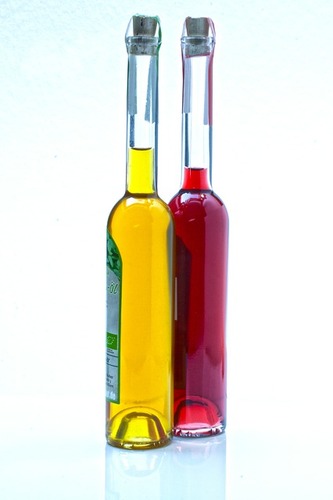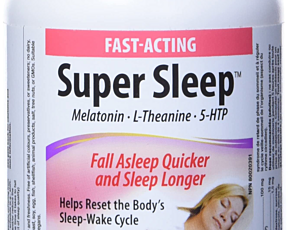Short answer
Vinegar is not bad for you when used and consumed responsibly.
Recommended Alternative
Long answer
Vinegar is an acidic liquid that has been used for thousands of years, dating all the way back to Ancient Egypt. There are a variety of vinegars made from many different fruits and plants, among those are apple cider vinegar, coconut vinegar, pomegranate vinegar, and many more. Vinegar is widely used in the area of culinary arts for the pickling of vegetables such as cucumbers. Additionally, vinegar is used as the primary ingredient in certain types of salad dressings, and it does have many other applications in food preparation.
The most common type of vinegar is white vinegar, which is used in households across the world for cleaning and numerous home remedies. Normally, homemade white vinegars may contain up to 20% acetic acid, and commercial vinegar typically contains less than 5%. Homemade vinegars that are 10% or higher in acetic acid content must be handled with care, due to their potential of causing harm to the skin.
For decades, white vinegar has been used to treat colds, sore throats, infections, insomnia, aliments with virtually every organ, blood health, bone health, wound care, weight gain, and much more. Some of the methods require ingesting the vinegar. Vinegar has a high level of acidity, which can be detrimental to tooth enamel. Erosion of the tooth enamel can cause tooth decay and pain. It can also cause pain in the throat, thus it is best to consume vinegar in a diluted form.
There is a trend towards using RAW unpasteurized white vinegar for homeopathic remedies. Using this type of vinegar can hold positive qualities, but it is more dangerous than beneficial, due to the high risk of toxins or bacteria growth. Moreover, as with any other food product there is a possibility of an allergic reaction, with symptoms like breathing complications, hives, and swelling, though this is unlikely for the vast majority of people. Over exposure can cause minor skin irritation and chemical burns. Moreover, overconsumption may cause stomach and gastrointestinal discomfort.
The acidic property of white vinegar makes it an excellent cleaning agent, effective in removing grease and mineral deposits on glasses and hard surfaces easily. Vinegar is also an effective antibacterial and has been shown to remove mold and be 99% effective in fighting bacteria. To kill bacteria, mix a solution of vinegar and water in a spray bottle and spray surfaces thoroughly. It is also effective at removing unpleasant odors from appliances, drains, and fabric. Many people use vinegar for cleaning because it eliminates the need for using harsh industrial chemicals, while cleaning. It is also very low cost in comparison, which makes it an excellent choice. However, the strong smell of vinegar can be overwhelming and unpleasant. You can easily disguise the odor by adding in a couple of drops of soothing essential oils, such as eucalyptus or lavender.
Possible short-term side effects
- hives
- swelling
- breathing complications
- decreased potassium levels
Possible long-term side effects
- damaged tooth enamel
- esophagus damage
- bacterial infection from unpasteurized vinegars
Ingredients to be aware of
- excess acetic acid
- gmos (if processed)

Benefits
- kill bacteria
- age slower
- anti-diabetic effects
- reduce cancer risk
- weight loss
- heart health
- brain health
- heal injuries
- increased nutrient absoprtion
Our Wellness Pick (what is this?)
Bragg Apple Cider Vinegar
- Includes "The Mother"
- Raw and unfiltered
- Organic certified
- Supports digestion
- Large 128 oz size
 Approved by
Approved by 















